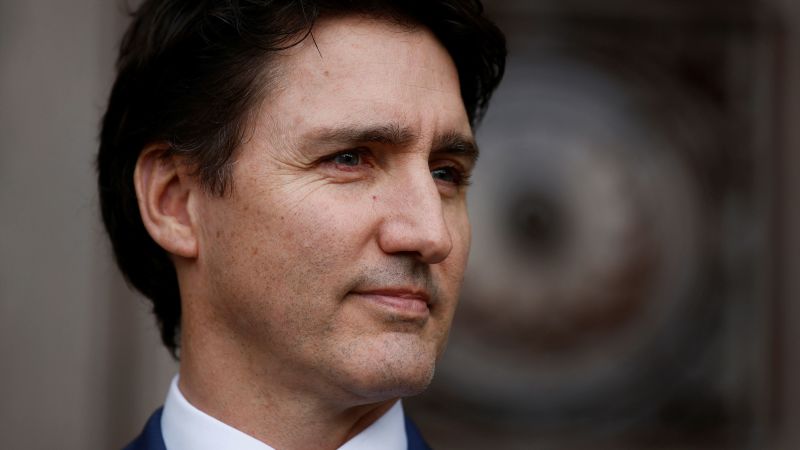Trudeau Steps Down

Justin Trudeau, the Prime Minister of Canada, has announced his decision to step down as leader of the Liberal Party after nearly a decade in office, citing the country's paralyzed parliament and internal party battles as reasons for his resignation.
Trudeau's tenure was marked by significant accomplishments, including the implementation of progressive social policies such as affordable childcare and dental care, as well as the renegotiation of the North American Free Trade Agreement (NAFTA). However, his time in office was also marred by controversies, including his handling of Indigenous relations, climate change, and immigration, which led to a decline in his popularity over the years. The Liberal Party is currently in a near-tie with the New Democratic Party (NDP) in the polls, with the Conservatives leading at around 40% support.
The opposition Conservative Party, led by Pierre Poilievre, is expected to win the next election, which must be held by late October. Trudeau's decision to resign may be seen as an attempt to avoid a potential loss in the upcoming election. The next election will be a crucial test for the Liberal Party and the country as a whole, as it will determine the direction of Canadian politics and potentially mark a shift to the right. Trudeau will remain as prime minister until a replacement is chosen, with the party expected to select a new leader before the next general election.
As Trudeau prepares to leave office, his legacy will be remembered for its mixed record of successes and failures. The country will now look to the future, with the upcoming election set to shape the course of Canadian politics for years to come. With the Conservatives leading in the polls and the Liberal Party facing internal battles, the next few months will be critical in determining the direction of the country and the future of the Liberal Party.